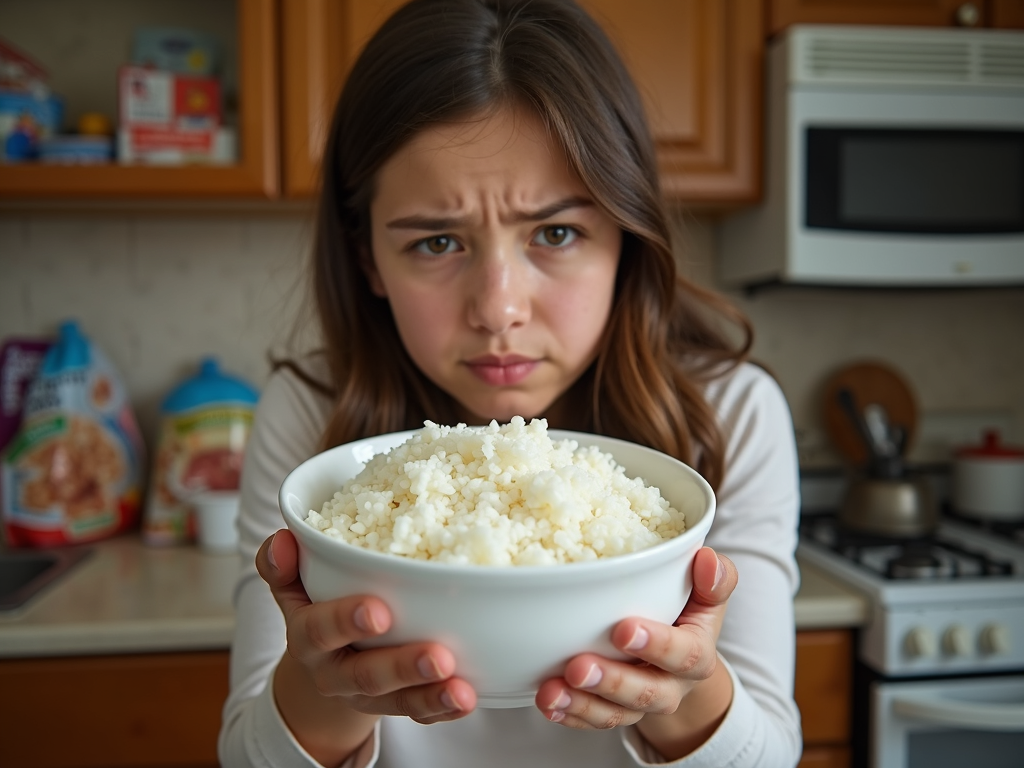Chronic food allergies can turn eating into a challenge, impacting the immune system and daily life. Conditions like FPIES highlight this struggle. This article dives into what these allergies mean, how they work, and how to live with them.
What Are Chronic Food Allergies?
A chronic food allergy isn’t a one-time reaction—it’s an ongoing battle. Your body keeps fighting certain foods, thinking they’re dangerous. This happens over months or years, unlike quick allergies where you swell up right away. The immune system gets involved, causing trouble far beyond a single meal.
The Immune System’s Role
The immune system is your body’s guard. With a chronic food allergy and immune system reaction, it misfires. It sees food proteins—like milk or rice—as invaders. This triggers inflammation, tummy troubles, or even exhaustion. Over time, this wears you down, making management key.

Meet FPIES: A Different Kind of Allergy
FPIES, or Food Protein-Induced Enterocolitis Syndrome, is a unique chronic food allergy. It hits the gut hard, not the skin or lungs like most allergies. Reactions come hours later, not instantly. Chronic FPIES means dealing with this long-term, often with no clear end in sight.
What FPIES Feels Like
FPIES symptoms aren’t subtle. Imagine eating lunch, then hours later, throwing up nonstop. You might get:
- Severe vomiting
- Watery diarrhea
- Feeling wiped out
- Looking pale
- Dryness from losing fluids
These hit kids more often, but adults can face it too.
| FPIES Symptoms | What It Looks Like |
|---|---|
| Vomiting | Heavy, repeated, 1-4 hours after eating |
| Diarrhea | Loose, sometimes bloody, 5-10 hours later |
| Lethargy | Too tired to move or play |
| Pallor | Skin turns ghostly white |
| Dehydration | Dry mouth, sunken eyes |

How Chronic Allergies Start
Why does this happen? For some, it’s genetics—your family might pass down sensitive immune systems. For others, early food exposure or gut issues play a role. With FPIES, common triggers include milk, soy, or grains. The immune system overreacts, and the fight never fully stops.
My Story: A Slow Realization
I once knew someone who couldn’t figure out why they felt sick all the time. It took years to connect it to food. Chronic food allergies sneak up on you—symptoms build slowly. That’s why paying attention to patterns matters so much.
Diagnosing the Problem
Figuring out a chronic food allergy takes work. Doctors look at your history—what you eat, how you feel. With FPIES, standard allergy tests often fail because it’s not about quick reactions. Instead, they might:
- Ask you to track meals and symptoms
- Cut out suspect foods
- Test triggers under supervision
- Rule out other illnesses

The Diagnosis Struggle
Getting diagnosed can feel like a maze. I’ve seen people bounce between doctors, frustrated and tired. One friend kept a food diary for months before a specialist nailed it as Chronic FPIES. Persistence pays off—don’t give up.
Managing Chronic Food Allergies
Living with this means dodging trigger foods. For FPIES, that’s tough—reactions lag, so you’re guessing half the time. Here’s what helps:
- Food Plans: Team up with a dietitian to find safe eats.
- Emergency Steps: Know when to call a doctor if vomiting starts.
- Talk About It: Teach your circle what to do if you’re down.

A Day in the Life
Picture this: You’re at a barbecue, eyeing the table. You ask about ingredients, skip the risky stuff, and bring your own snacks. It’s work, but it beats feeling awful later. I’ve done this—planning ahead keeps the fun alive.
Emotional Weight of Chronic FPIES
This isn’t just physical. Constantly watching what you eat wears on your mind. You might skip parties or feel left out. Kids with FPIES might cry over missing cake. It’s normal to feel stressed or sad about it.
Coping Tips
Here’s how to lighten the load:
- Find Your People: Online groups or local meetups help you vent.
- Speak Up: Tell friends what you need—no shame in it.
- Chill Out: Try breathing exercises when it gets heavy.

Finding Joy Anyway
You can still thrive. I’ve watched someone with Chronic FPIES host dinners, serving safe recipes they love. It’s about adapting, not giving up. Focus on what you can enjoy—good company beats a burger any day.
Long-Term Health Impacts
Over years, chronic food allergies can strain your body. Inflammation might hurt your gut lining or mess with nutrient absorption. The immune system stays on edge, which isn’t great long-term. Regular check-ups catch these issues early.

Staying Ahead
Don’t ignore small signs. A friend once brushed off bloating—turns out it was tied to their allergy. Catching problems early means less hassle later. Trust your gut, literally and figuratively.
Summary
Chronic food allergies, like FPIES, tangle with your immune system in tricky ways. From vomiting to emotional stress, they demand attention. With the right diagnosis, smart management, and support, you can handle it. Suspect an issue? Talk to a doctor—knowledge is power.
Discuss Here